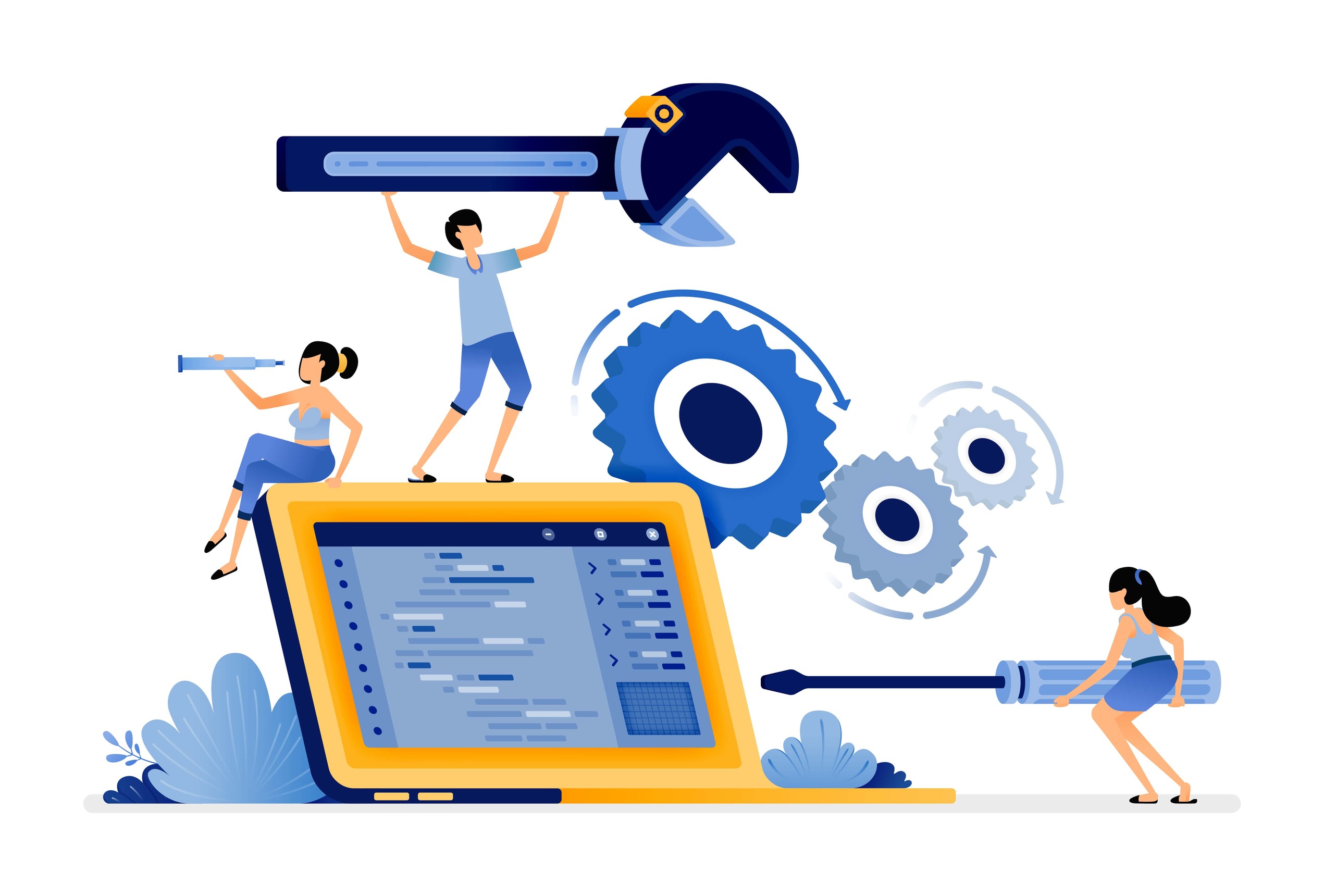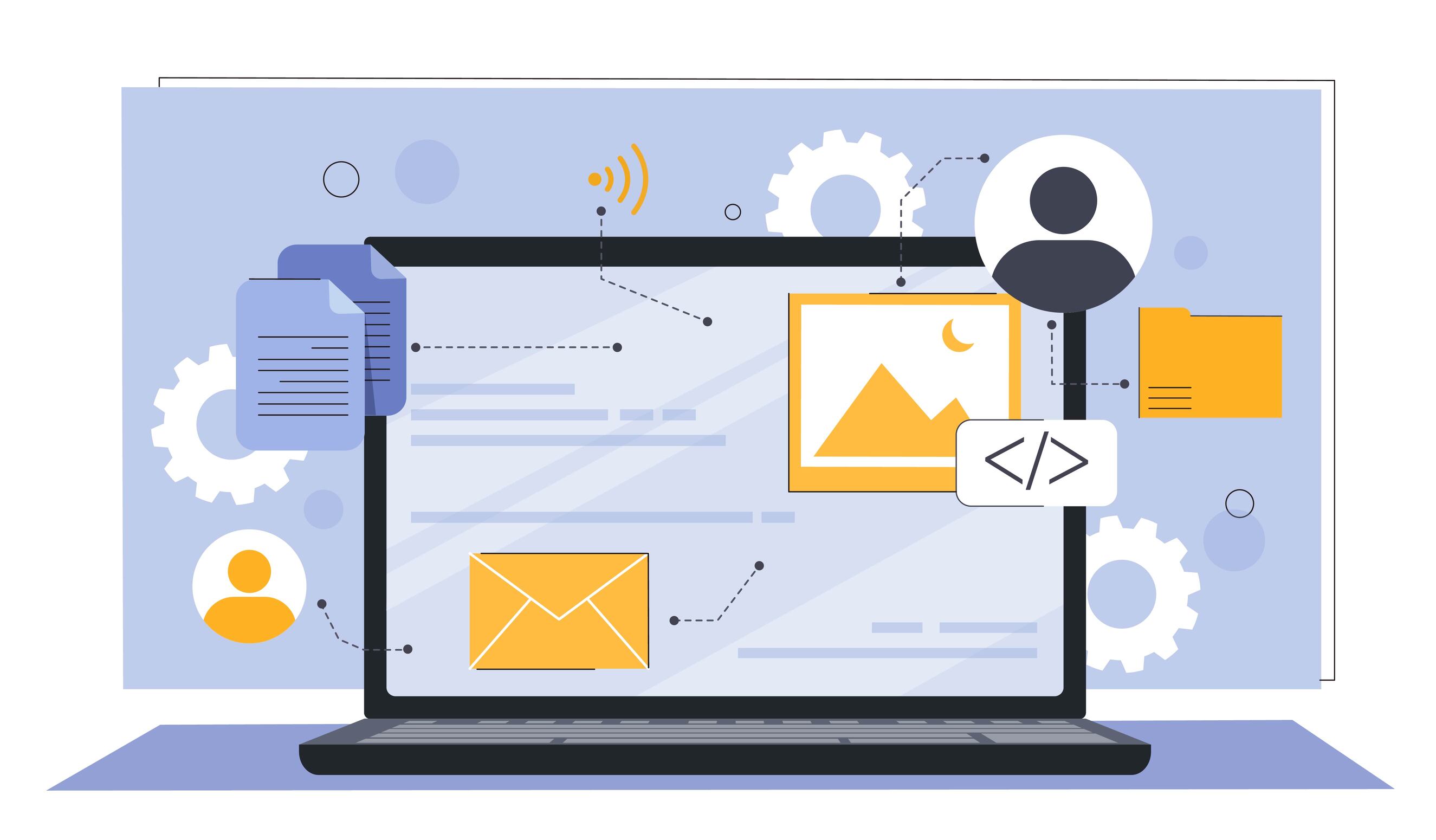Organizational Portal – Turning the Organization into a Winner
Corporate portal

 3768
3768 
Organizational Portal - A Solution for Knowledge Management in the Organization
In today's digital age, many organizations face the challenge of managing organizational knowledge efficiently and accessibly. The amount of information generated and collected within the organization is continually increasing, and many employees struggle to locate and share the relevant knowledge necessary for their work. An organizational portal constitutes a comprehensive solution to this problem, serving as a central platform for managing, sharing, and making organizational knowledge accessible.
The Problems in Organizational Knowledge Management
- Distributed Information: Often, organizational knowledge is scattered across various systems, network drives, and personal folders, making it difficult to locate and utilize.
- Lack of Standardization: When each department or team works in its own way, a lack of uniformity in the structure and content of documents and procedures arises, leading to confusion and misunderstandings.
- Difficulties in Knowledge Sharing: Without a central platform, employees find it challenging to share their knowledge and experience with the rest of the organization, limiting organizational learning and employee development.
- Security and Privacy Issues: When sensitive information is not properly managed, it may be exposed to unauthorized parties, posing a risk to the organization and its employees.
The Benefits of an Organizational Portal for Knowledge Management
- Central Access: An organizational portal provides a single access point for all essential organizational knowledge, including documents, procedures, trainings, databases, and more.
- Structured Organization and Classification: The portal allows for structured and orderly knowledge management, using categories, tags, and search engines to facilitate the retrieval of relevant information.
- Knowledge Sharing and Distribution: An organizational portal encourages the sharing of knowledge among employees through forums, knowledge communities, blogs, and document sharing tools.
- Maintaining Currency: The portal helps keep organizational knowledge updated and relevant, through version management, approval processes, and quality control of content.
- Security and Privacy: Through advanced permission management and data encryption, an organizational portal aids in protecting the organization’s knowledge assets and maintaining employee privacy.
Successful Implementation of an Organizational Portal
To ensure a successful implementation of an organizational portal for knowledge management, several key steps must be taken:
- Defining a Knowledge Management Strategy: Formulating a clear vision, objectives, and goals for knowledge management in the organization and aligning the organizational portal to the specific needs and challenges.
- Management Support and Leadership: Support and commitment from senior management are essential for the success of the portal implementation and for changing the organizational culture around knowledge sharing.
- Training and Adoption among Employees: Investing in training employees for effective use of the portal, emphasizing the benefits and added value for them and for the organization.
- Encouraging Knowledge Sharing and Rewarding: Creating incentives and reward mechanisms for employees who contribute quality knowledge to the portal, alongside fostering a culture of sharing and recognizing its importance.
- Ongoing Maintenance and Improvement: Continuous investment in resources and personnel for operating the portal, updating content, and aligning it with technological developments and changing organizational needs.
In conclusion, an organizational portal is an effective tool for managing organizational knowledge, providing central, orderly, and secure access to vital information for employees. Properly implementing an organizational portal, combined with management commitment and employee involvement, can lead to significant improvements in work processes, decision-making, and organizational innovation.
Organizations aiming to successfully tackle the challenges of the digital age and optimally leverage their existing knowledge would do well to invest in the implementation of an advanced organizational portal for knowledge management. This way, they can generate substantial value for the business, employees, and customers, and ensure their readiness for future challenges.
Would you like to hear more about how an organizational portal can assist you? Contact us today for an initial consultation and a demonstration of our advanced solution for managing organizational knowledge.






